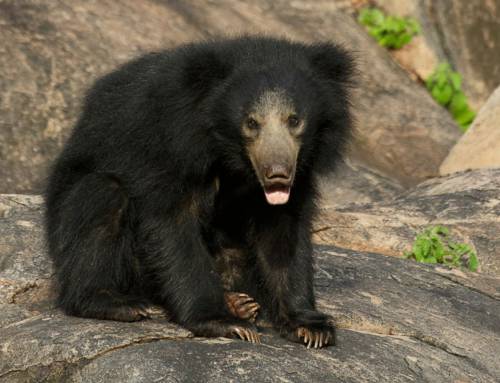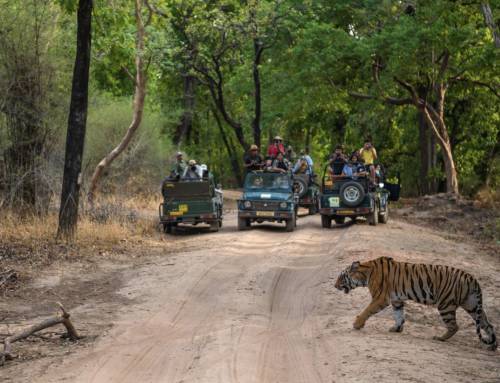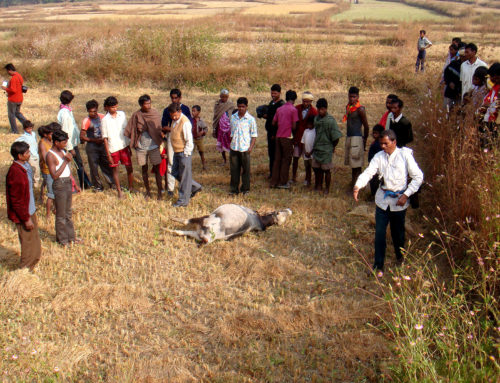We are pleased to share with you the release of a new scientific paper authored by Arjun Srivathsa, Mahi Puri, Dr. Krithi K. Karanth, Imran Patel and Dr. N. Samba Kumar from Centre for Wildlife Studies (India), Wildlife Conservation Society (India), University of Florida, Wildlife Conservation Society (USA) and Duke University.
The paper titled “Examining human-carnivore interactions using a socio-ecological framework: sympatric wild canids in India as a case study” was published in the journal Royal Society Open Science on 29th May, 2019. It can be accessed online at: https://doi.org/10.1098/
The study looks at interactions between people and carnivores across 10,000 sq. km of the multi-use forests in Kanha-Pench landscape in Central India. Based on 4-month long field surveys to detect animals and 675 parallel interviews of local residents, the researchers highlight factors that enable and hinder their coexistence.
The researchers look at five species of carnivores: gray wolves, dholes, jackals, foxes, and striped hyenas. They find that carnivore occupancy ranges from 12% for dholes to 86% for jackals, and is influenced by the presence of forests, open scrublands, and ruggedness of terrain. Their habitat also overlaps significantly with that of free-ranging dogs, indicating competition and the risk of disease.
The authors suggest ways to mitigate the ongoing conflict. Future conservation efforts must account for the needs of carnivore populations, conservationists say.
The release and images can be found as links below:
1. Press release [English]
2. Image 01 (Copyright: Giri Cavale)
3. Image 02 (Copyright: Chandrashekhar Sundaram/CWS)
4. Image 03 (Copyright: Abi Tamim Vanak)






